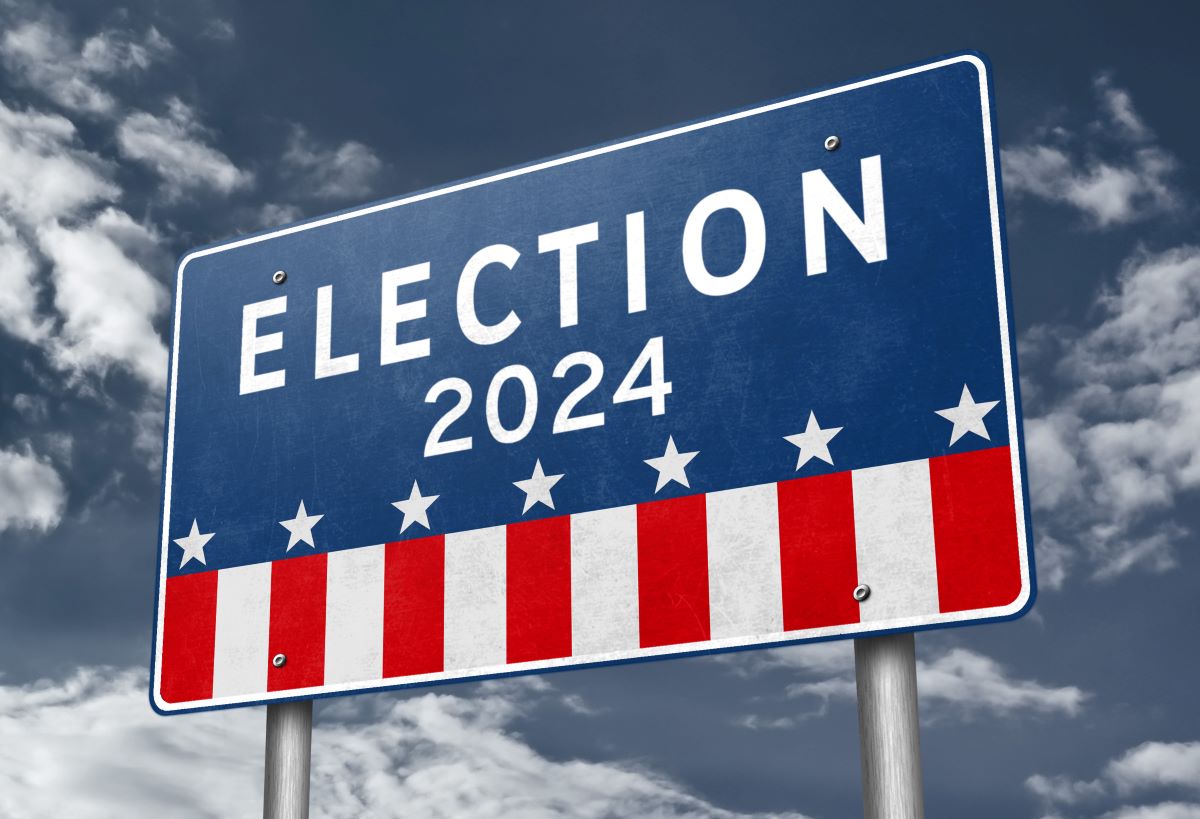On Aug. 22, 2022, Senate Bill 1100, an amendment to the Brown Act, was signed into law giving presiding members of school district boards, county boards of education and other legislative bodies the statutory right to remove a disruptive individual from public meetings. Although federal and state courts have supported the removal of disruptive individuals, and Penal Code § 403 provides for their removal, before SB 1100 the Brown Act had only provided for the removal of a “group or group of persons” for disrupting a meeting. (Gov’t. Code § 54957.9.) The bill defines “disruptive” as engaging in behavior during a meeting that actually disrupts, disturbs, impedes or renders infeasible the orderly conduct of the meeting. This disruptive behavior can include failing to comply with reasonable and lawful regulations of the legislative body as well as behavior that constitutes use of force or a true threat of force.
Before the presiding member of the legislative body (or the presiding member’s designee) may remove an individual for disruptive behavior, a warning is required. The warning must inform the individual that their behavior is disrupting the meeting and that failure to stop the behavior may result in their removal.
The passage of SB 1100 reinforces the efforts recently undertaken by governing boards that have had to take action to maintain order at their meetings to ensure that the business of the board is addressed in a productive way. Over the past several years, governing boards have faced many disruptions during meetings as members of the public expressed their concerns and frustrations on a variety of topics including responses to COVID-19, gender identity and content of curriculum.
The Brown Act requires that members of the public have access to public meetings and the opportunity to speak on agenda items during meetings, and this new law does not limit that opportunity or right. Instead, as described in the bill’s legislative findings , the new law protects the public’s interest to access meetings and furthers the constitutional objective of open meetings. Specifically, the new Government Code section 54957.95 states that the bill is “necessary to give legislative bodies clear authorization to restore order to meetings in the event of actual disruptions that are disturbing, disrupting, impeding, or rendering infeasible the orderly conduct of the meeting and, thereby, preserve the rights of other members of the public at the meeting and allow the legislative body to continue its work on behalf of the public.”
Moving forward, county boards of supervisors, city councils, district and county boards now have an additional legal basis on which they can rely when removing a truly disruptive individual from a meeting to allow the meeting to continue. In addition to Penal Code §403, which makes it a misdemeanor to disrupt a public meeting, and the existing case law supporting remedies to quell disruption at public meetings, law enforcement agencies now have clear statutory authority to remove a disruptive individual from the meeting room.
District and county boards should establish a clear process for implementing and relying on the disruptive removal authorized by SB 1100. CSBA will be updating its sample Board Bylaw 9322 – Meeting Conduct, for use by its member boards who subscribe to GAMUT Policy services.
Any member seeking legal advice on SB 1100 or on handling disruptions at board meetings generally should contact CSBA’s District and County Office Legal Services at legalservices@csba.org.




